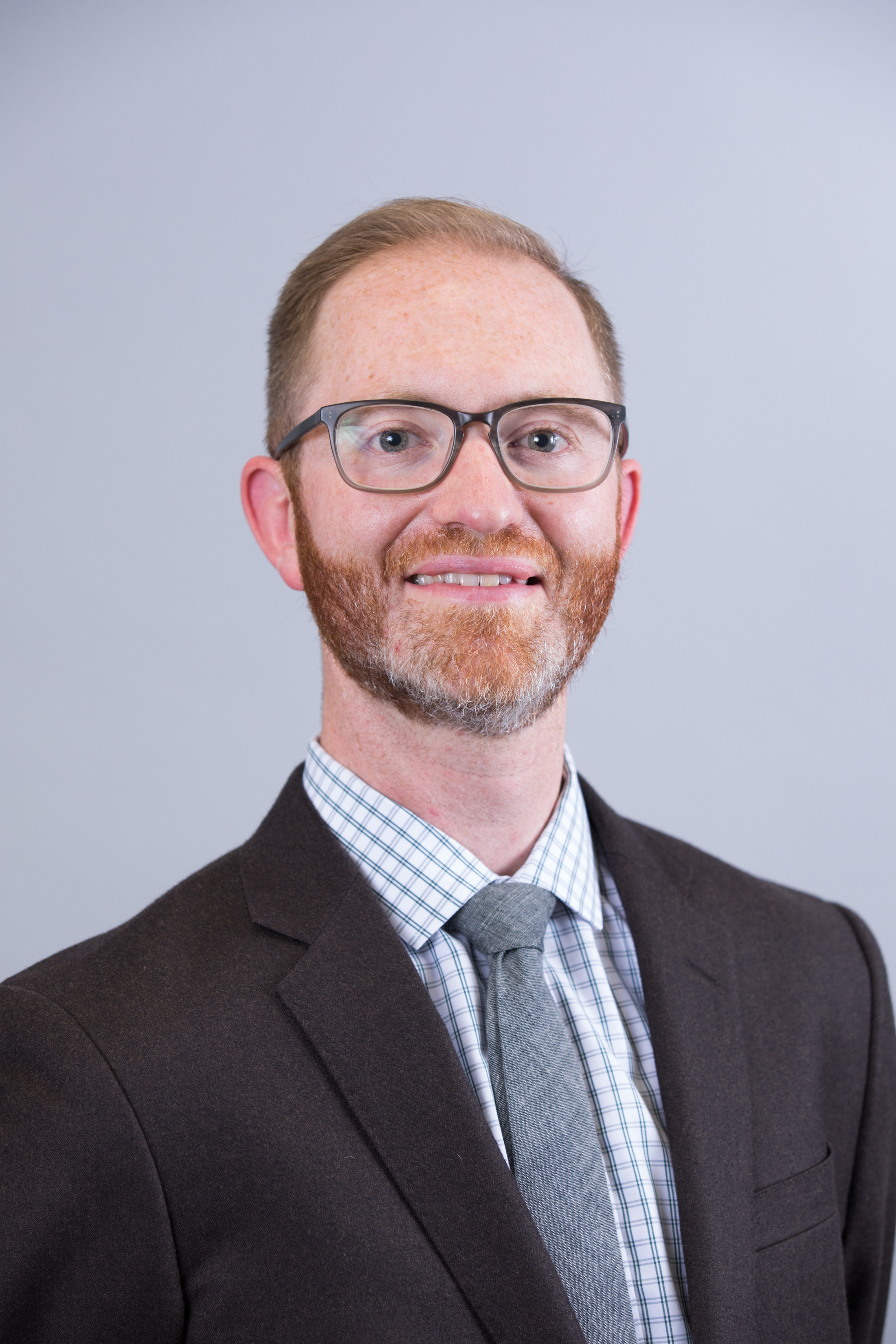For decades, medical education scholarship has struggled with effective application of theory. This gap may largely be due to the way we clinicians are trained. Most of us who add medical education to our clinical practice struggle with understanding the role and value of theory. Concepts such as “multiple truths” or “knowledge construction” were simply not covered during our medical training dominated by a positivist paradigm, a worldview which asserts that there is a "single truth." Yet, as we immersed ourselves in the field of academic medical education, we realized our confusion was not just related to training, but also a reflection of broader disparities that affect the field.
Medical education research poses considerable challenges and thus has become the province of well-resourced institutions. A predominant number of authors in medical education journals are white males from prestigious universities in the Global North. This imbalance results in the underrepresentation of historically marginalized voices in our discourse. The reasons for such disparities are complex, with systemic power and privilege playing key roles. However, based on our experiences, inequitable resource distribution—exacerbated by social constructs like race and gender—significantly contributes to this issue.
As male physicians who have benefited from training and working at esteemed U.S. institutions, we are cognizant of the unearned advantages afforded to us. The investment these universities make in medical education research infrastructure, and the mentorship of highly skilled educators, have been instrumental in our scholarly development. It is this understanding of unequal distribution of people and resources that prompted the creation of MedEdMentor.
MedEdMentor is a free online platform designed to serve as a virtual mentor for individuals trying to navigate the development of medical education scholarship. Human mentors help mentees to enter this field in multiple ways. First, by orienting their mentees to different ways of thinking when performing research in a social science as opposed to a biomedical science. In this vein, our educational primers help users acclimate to various paradigms as well as the utility of theoretical and conceptual frameworks. Second, mentors often assist their mentees in finding theories that might apply to their particular project. Our interactive network containing summaries of over 250 theories and frameworks applicable to medical education can guide people to closely related theories, as well as examples of those frameworks being applied to tangible problems. Third, performing a comprehensive and detailed literature search is a skill set that many mentors have mastered, and where their expertise is extremely helpful. We have built the first and only specialized search engine for medical education literature that returns only results from journals identified as highly specific to the field. Lastly, guidance and coaching are essential to the role that mentors play in the path of aspiring scholars. MedEdMentor AI is the first medical education scholarship AI. This chatbot harnesses the power of GPT-4 but has been provided with specific context that makes its suggestions highly relevant to users of MedEdMentor. Our preliminary research shows that this tool may be more accurate than the latest version of ChatGPT at suggesting theories that may help frame medical education research studies.
Since its launch on September 18, 2023, MedEdMentor has attracted considerable global attention—the first 12 weeks produced 25,000 page views and over 750 registered users from 45 countries—without any formal marketing. Collectively, those users spent over 5000 minutes engaged with our content. And, in the first week of public availability, our search function processed over 300 queries. This robust international engagement highlights the platform’s relevance and stands as a testament to the unmet needs that it addresses.
But, just as mentors do far more than the four tasks mentioned above, more varied, and enhanced features are in the works for our platform. More content will be added to the foundational lessons on the site. As these materials are added, they will help our users to better understand the field, as well as enhance the ability of MedEdMentor AI to guide them. Using our enhanced search tools, we plan to map and define the theoretical frameworks that encompass medical education. This data will be used to augment the utility and connectivity of our network of theories.
For our most exciting update, we will replicate one of a mentor’s greatest attributes, facilitating connection and collaboration. A community of practice is our goal, with users being able to share what they are working on, and find mentors, mentees, or partners, who may want to join them. We also hope that those that register on our site will think of us as part of their community. We look forward to engaging this group in enriching our content, enhancing the platform’s functionality, and providing opportunities for collaboration and audience contributions.
It is an exciting time as MedEdMentor grows and evolves, but there are obstacles we anticipate we will encounter. We are aware of the issues with AI, notably the biases in large language models (LLMs) and their propensity to produce unreliable outputs. We are refining methods to mitigate these problems, ensuring our users receive dependable coaching and validating the utility of AI-enhanced guidance. Privacy is another point of emphasis. As healthcare providers we are acutely aware of the sanctity of personally identifiable information and uphold the highest privacy standards. Our simple registration process requires only a valid email address to receive a login link, which will only be used to communicate updates and encourage community engagement.
We aim to establish MedEdMentor as the cornerstone for educators seeking a rapid yet thorough grounding in medical education. By providing a solid foundation and practical tools, the platform empowers users to tackle their educational challenges with robust theoretical frameworks. We see MedEdMentor as a conduit to expert mentorship and collaboration, bolstering researchers' confidence and expertise on their academic paths. As artificial intelligence technologies continue to advance, we are committed to adapting and enhancing our strategies to harness their potential, thus expanding the reach and inclusivity of medical education scholarship. With the rapid evolution of AI, MedEdMentor stands ready to deliver education, evidence, and guidance to educators worldwide who lack access to traditional mentorship. We are as enthusiastic about the AI revolution as we are about championing a diverse array of new voices in the scholarly conversation of medical education.
Cover photo was created by the authors with the assistance of DALL-E 3.
Did you know that the Harvard Macy Institute Community Blog has had more than 370 posts? Previous blog posts have explored topics including using AI for pedagogical excellence, online learning collaboration across institutions, and transforming your teaching using technology.
Author Bios

Geoffrey V. Stetson, MD (Educators ‘24) is a general internal medicine physician and medical educator. Geoff is an Associate Professor of Medicine and Medical Education and Director of Clinical Faculty Development at University of Illinois College of Medicine. Geoff’s areas of professional interest include clinical teaching, professional development, and technology-enhanced education. Geoff can be followed on Twitter and LinkedIn or contacted via email.

Gregory Ow, MD is a resident physician and software developer. Greg is an internal medicine PGY-3 at University of California, San Francisco. Greg’s areas of professional interest include innovations in medical education, clinical reasoning, and artificial intelligence. Greg can be followed on LinkedIn or contacted via email.
HMI Staff


